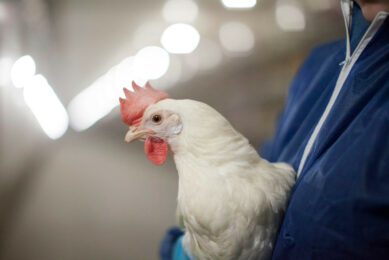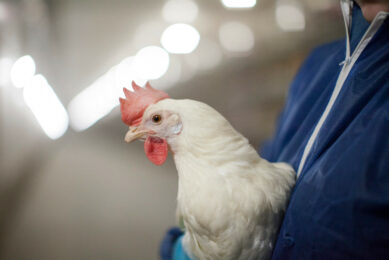Brazil changes mineral inclusion levels in pig and poultry feeds
Brazil has changed regulations dictating minimum and maximum levels of mineral inclusion for poultry and swine nutrition, which is to the benefit of organic minerals.
According to the decision published in the Official Gazette of the Union (DOU), a journal published by the Brazil Union Government on February 23rd 2012, the level of inclusion of minerals supplied to poultry and swine is now flexible to allow for higher absorption rates of organic minerals.
This change occurred on the back of various scientific studies that showed that the level of inclusion of organic minerals could be lower than levels, based on minerals supplemented in an inorganic form, that were initially proposed by the Brazilian Ministry of Agriculture.
It has been satisfactorily shown that minerals in the form of proteinates and yeast enriched with selenium, known internationally as organic minerals, are more bioavailable and for this reason can be administered as supplements, premixes, concentrates and feeds at levels lower than inorganic minerals (such as oxides, sulphates, etc.).
In addition, due to increased bioavailability, better absorption and utilisation of organic minerals in the animal, the levels of minerals eliminated through faeces are also considerably less, reducing the adverse effects of contamination in the environment.
"This latest measure allows some freedom in the inclusion rates of minerals while maintaining the overall health and nutrition of the animal. The current market trend shows increasing demand for organic minerals because, aside from the fact that organic minerals are more bioavailable, they can respond to the needs of high performance animals and provide a more efficient response,” said Fabio Catunda, mineral and swine solutions manager at Alltech Latin America.











